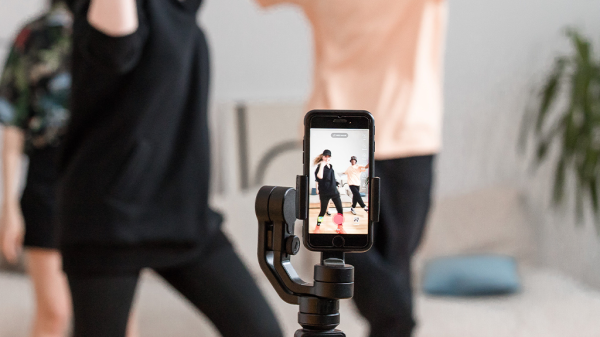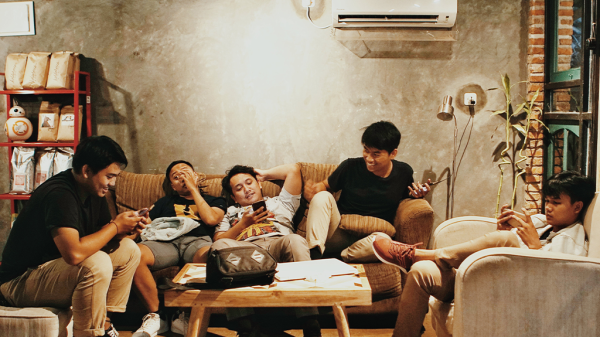Like for like
Initially, the main drive for posting photos, videos, articles, etc. on social media was simply to share.
![]()
Now there is an aspect of generating “likes.”
Like how likes feel
We all love getting likes on social media.
I mean, that’s part of the motivation for posting something now, right?
However, when it becomes the only motivation for all of your posts, that’s when we may begin having a distorted view of reality.
Little white lies
Ultralinx recently shared a video that documents the ripple effect of lying in our social media posts.
While these lies are not malicious and are, theoretically, not hurting anyone, they may be hurting you in the long run.
The video opens with a woman taking a selfie after having just woken up. Then, it backtracks a little to reveal the primping that preceded the “I woke up like this” post. This is then seen by a guy sitting in his car, who then gets out and posts a photo of himself making it look like he’d just gone on a long bike ride.
Sharing what’s interesting
The video continues on showing individuals going through what’s real but posting what they want others to see. Ultimately posting what will get them likes.
But, this is partially what social media has been all along.
No one wants to post pictures of themselves lounging on the couch doing nothing. Rather, they want to share pictures of something that is different or adventurous.
How social is social media?
And, there’s nothing wrong with sharing the exciting parts of your life versus the boring. It’s when it begins to consume you that it becomes a problem.
This is documented in the video when a group of friends are shown out to dinner.
All four of them are shown at a table, all looking at their phones.
They ask their waitress to take a group photo and, after she does, they all bury back into their phones to post the photo.
Stretching the truth
While posting the photos, it shows them typing comments about how much they love each other and the time spent together.
But, how can you be enjoying your time together if you’re not even paying attention to one another.
This is when social media can become isolating and, almost scary. Our society has been changed by technology and living in our phones can be damaging to interpersonal relationships.
Food for thought
In the end, the lies you might share on social media may be a drop in the bucket in the grand scheme of things.
However, if you find yourself only trying to document and experience rather than enjoy an experience, that’s when social media may not be our friend.
#DontLieForLikes
Staff Writer, Taylor Leddin is a publicist and freelance writer for a number of national outlets. She was featured on Thrive Global as a successful woman in journalism, and is the editor-in-chief of The Tidbit. Taylor resides in Chicago and has a Bachelor in Communication Studies from Illinois State University.











































Pingback: Swearing on social media could jeopardize your #jobgoals - The American Genius
Pingback: Study says investing in social media ads for ROI is all a hoax - The American Genius
Pingback: Study ranks social networks for their impact on youths' mental health - The American Genius
Pingback: Why your being the 'Uber of' or 'Netflix of' is bad for your business - The American Genius